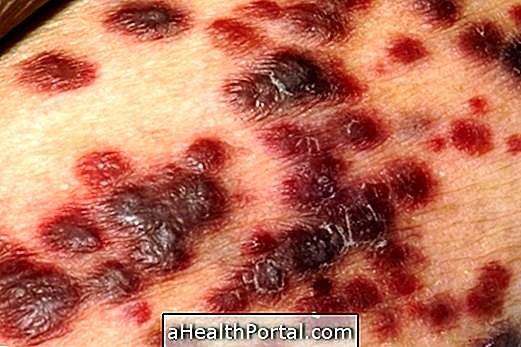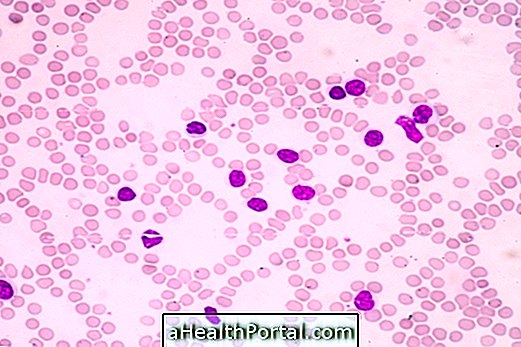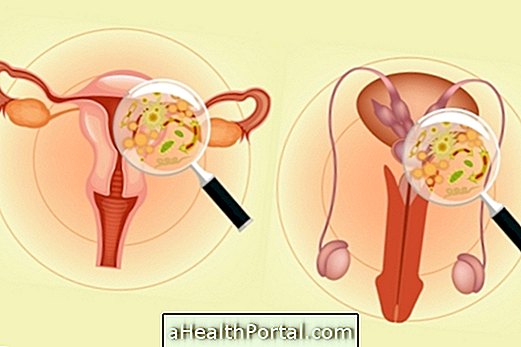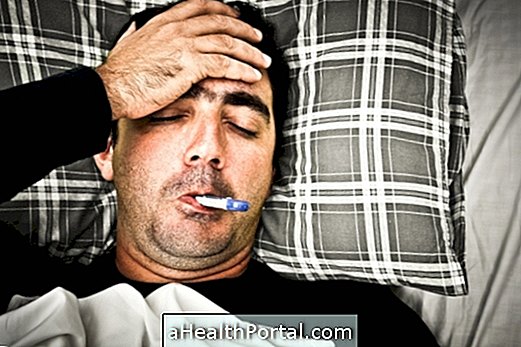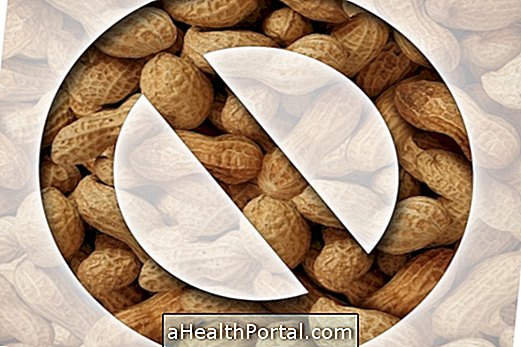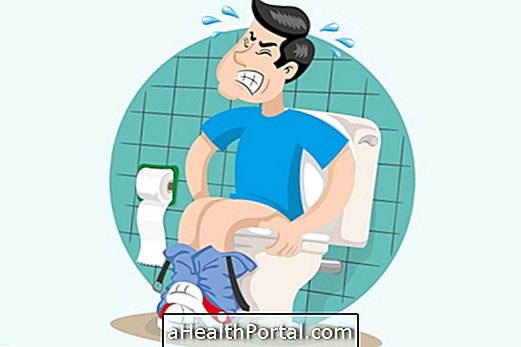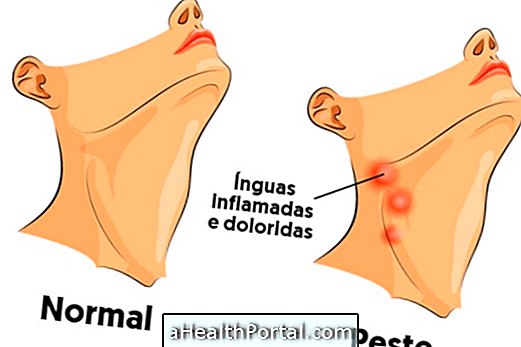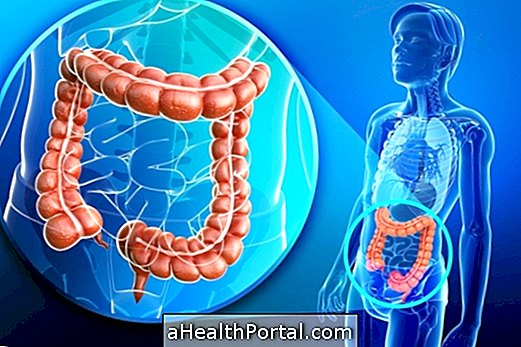BBQ is a fun and practical way to bring family and friends together to make a meal at home, however, this type of activity can be detrimental to health, especially if it is done more than 2 times a month.
This is because, while cooking, the meat releases fat that falls into the charcoal and flames, causing smoke to emerge. This smoke is usually made up of hydrocarbons, a type of substance that is also present in cigarettes and has been identified as potentially carcinogenic.
When hydrocarbons are inhaled with smoke, they are able to reach the lungs rapidly and irritate their walls, causing small changes in the DNA of cells that, over time, can cause mutations that can turn cancer.
Know the risks of eating burnt food.
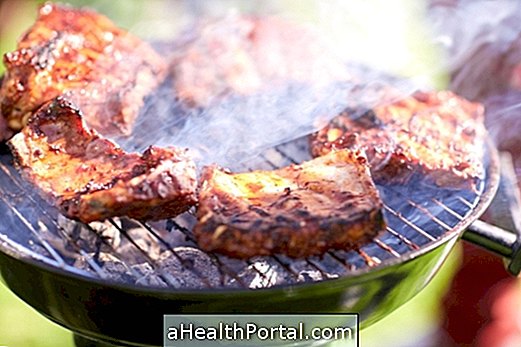
How to Remove Barbecue Smoke
The greater the amount of smoke, the greater the amount of hydrocarbons in the air, and therefore the greater the risk of lung problems, especially in people who work in restaurants or frequent barbecues.
In these cases, there are some care that can be used to reduce contact with carcinogens, such as:
- To leave the meat marinating with rosemary, thyme or pepper: the seasoning prevents that the fat drips in the coal at the time of grilling, besides increasing the flavor;
- Pre-cook the meat in the oven : it removes a part of the fat and decreases the time that the meat has to stay on the coal, reducing the amount of smoke;
- Place a sheet of foil underneath the meat : so that the fat does not drip on the flames or the coal, avoiding the smoke.
In addition, it is important to avoid getting too close to the grill while the meat is grilling and, where possible, barbecue in an open air place with little wind, to reduce the risk of inhaling smoke. Another option is to put an exhaust fan near the grill to suck up the smoke before it is spread in the air.




